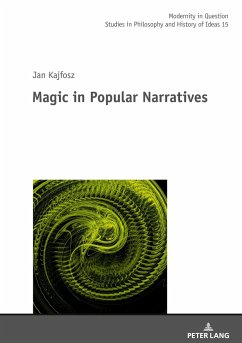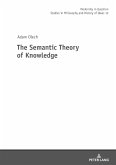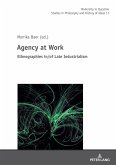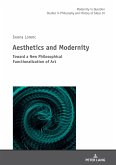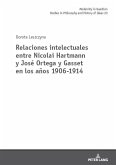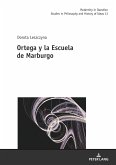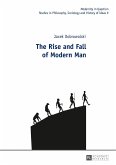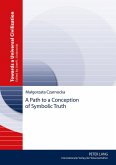The book deals with manifestations and relics of magical thinking in the narrative folklore of Cieszyn Silesia (Teschen Silesia, Tesín Silesia). The point of departure is a phenomenological and social constructivist approach to human cognition. The author follows the cognitive dimensions of pre-modern folklore and popular texts in general. They are conventional in the sense that they are repeated in many variants inside one communicative group. Habituation based on more or less accurate reproduction of stereotypes (and corresponding experiences), motives, action scenarios, rationalizations, and motivations, is the source of relatively stable world image. The key concept developed in the book is redefined categorization understood as the simplification and stabilization of too complex and changing reality through shared narratives.
Bitte wählen Sie Ihr Anliegen aus.
Rechnungen
Retourenschein anfordern
Bestellstatus
Storno

